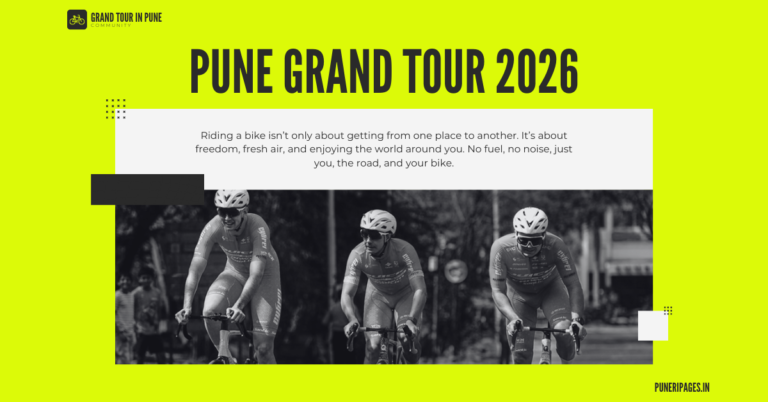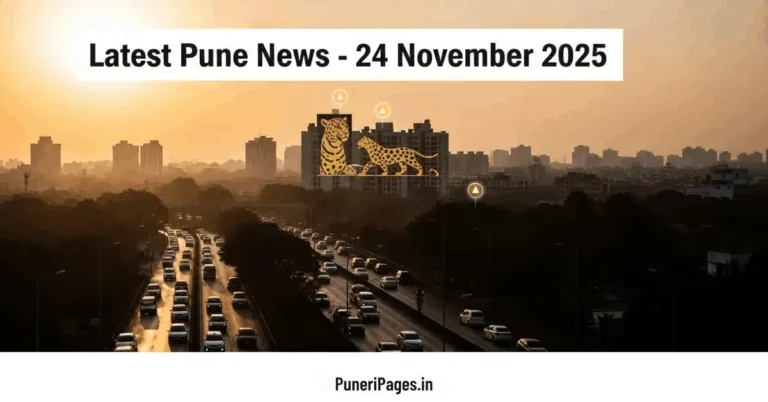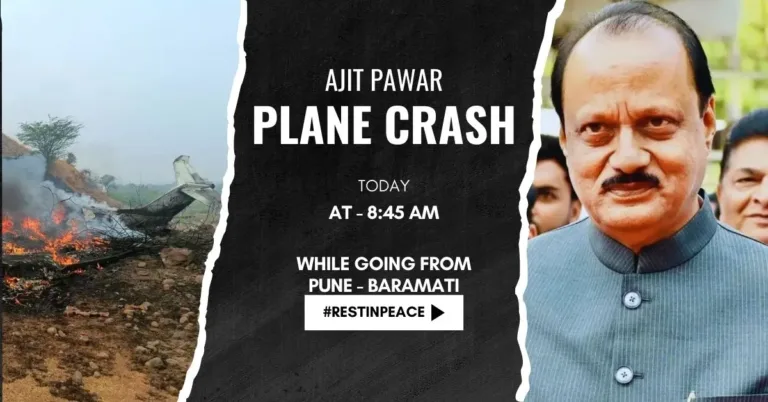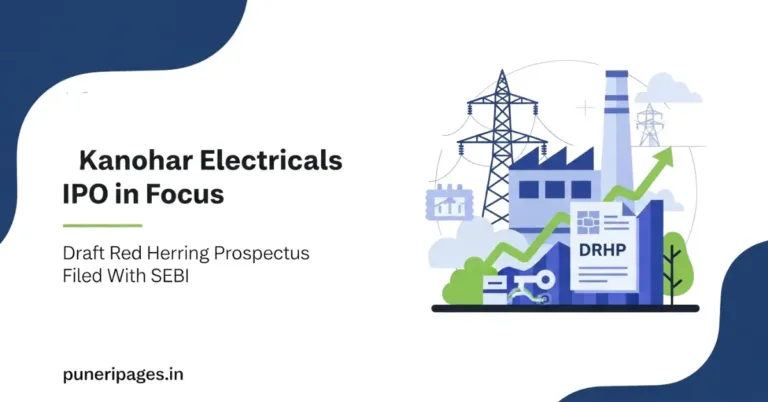
"The Pune Porsche Case: A story where speed meets justice — and society watches. Read the full breakdown on puneripages.in."
By Prashant for PuneriPages.in
Disclaimer: This article is written from a place of concern, reflection, and an honest attempt to break down a complex legal issue in a way that feels personal and understandable. I’m not a lawyer, but like many of you, I care deeply about what this case means for justice in our society.
The Pune Porsche case has left many of us shaken. Not just because of the tragic accident that claimed two young lives, but also because of how the system initially responded. A luxury car, a minor behind the wheel, an accident in the dead of night—and the first punishment? Write an essay. That moment made many of us feel like the law doesn’t treat everyone equally.
Naturally, there was outrage. And rightly so.
But now that the Juvenile Justice Board (JJB) has rejected the police’s request to try the teenager as an adult, it’s important to understand why. This article is my attempt to walk you through it—without legal jargon, with full honesty.
Table of Contents
What Did the JJB Actually Decide?
After looking at the evidence, the Juvenile Justice Board decided the teen will be tried as a juvenile. This means the case stays within the juvenile justice system, which is designed more to reform than to punish.
But what did the JJB base this decision on?
According to the Juvenile Justice Act, if someone between 16–18 commits a “heinous” crime (one that can lead to 7 or more years in jail), the Board has to run a test to check:
- Did the teen have the mental and physical ability to commit the crime?
- Did he understand the consequences of his actions?
- What were the circumstances around the crime?
Experts, including psychologists, likely submitted reports. And based on those, the Board wasn’t convinced that all these conditions were fully met.
But Is That Justice?
That’s a tough question.
The Juvenile Justice system is designed with the belief that children, even older teens, can change. It focuses on helping them reform rather than pushing them into a system that could ruin them for life.
But let’s be honest—in a case like this, where there’s loss of life, public anger, and clear signs of privilege, this decision doesn’t feel right. And that discomfort is valid. Understanding the law doesn’t mean we have to be okay with how it plays out.
So What Happens to the Teen Now?
Since he’ll be tried as a juvenile, the maximum penalty is 3 years in a rehabilitation home. No jail. No criminal record.
If you’re wondering if that’s enough—you’re not alone. Many of us feel the same.
The Case Is Bigger Than Just One Teen
This entire incident has many threads. Let’s look at all the pieces:
| Case | Accused | Allegation | Status |
|---|---|---|---|
| The Accident | Teen | Caused deaths of two techies | Being tried as juvenile |
| Cover-Up 1 | Father & Grandfather | Allegedly forced driver to take blame | In custody |
| Cover-Up 2 | Doctors at Sassoon Hospital | Falsified blood test to hide alcohol | Arrested, under investigation |
| Pub Case | Bar Owners | Served alcohol to a minor | Arrested, booked |
What Does This Say About Our System?
It’s not just about this one case. It’s about how influence, privilege, and delay can bend justice. It’s about whether common people can trust that the system works equally for everyone.
The teen made a mistake—a terrible one. But the question is: should a privileged background be a shield? Or should accountability be the same for all?
What Could Be Done?
There are no easy fixes, but maybe it’s time for some change:
- Fast-tracking juvenile cases involving serious crimes.
- More transparency in how experts assess juveniles.
- Stronger checks to prevent tampering or cover-ups.
- Public legal education, so we all know how the system works.
Final Thoughts
We all want justice. Not revenge, not spectacle—just a system that feels fair, and works fairly. This case reminds us why that matters so much.
Whether you’re a student, a parent, a lawyer, or someone just trying to make sense of it all—thank you for caring. Because caring is the first step to change.
Let’s keep asking questions. Let’s keep pushing for better.
Written by someone who loves Pune, believes in fairness, and refuses to stay silent.






